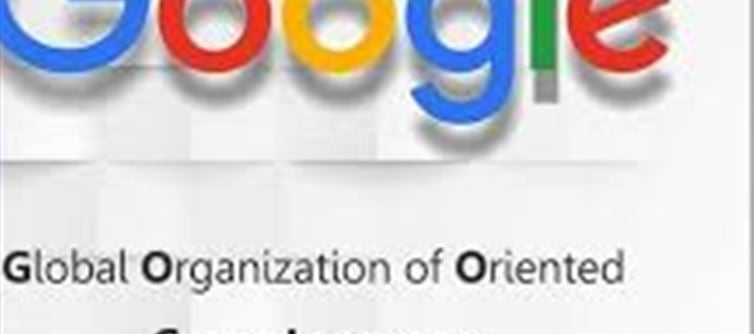
New Delhi Whether it’s searching for recipes, directions, or study notes, the word “Google” has become part of our daily lives. But have you ever wondered what Google really means, its full form, or where the word originated? Let’s find out.
1. The Popular Full Form of Google
While Google is not an acronym, over the years people have created a widely accepted full form:
“Global Organization of Oriented Group language of Earth.”
This isn’t the official expansion, but it has become popular among users as a creative backronym.
2. The Real Origin of the Word
The term Google actually comes from the mathematical word “googol”, which means 10 raised to the power of 100 (1 followed by 100 zeros).
When founders Larry Page and Sergey Brin were brainstorming names for their search engine in 1997, a graduate student accidentally misspelled “googol” as “google.” The quirky name stuck—and went on to become one of the world’s most recognized brands.
3. Why Did They Choose This Name?
The name symbolized the vast amount of information the search engine aimed to organize and make accessible to users worldwide. Just like a googol represents an unimaginably huge number, google represented infinite information at your fingertips.
4. From Noun to Verb
· The word “Google” has become so common that it’s now a verb in the dictionary.
· Saying “Just google it” is universally understood as “search it online.”
· In 2006, the Oxford english Dictionary officially added “Google” as a verb.
5. Fun Facts About Google
· google was initially called “BackRub” because it checked backlinks to measure website importance.
· The company was officially incorporated on September 4, 1998.
· Today, google handles over 8.5 billion searches per day!
Bottom Line
The word Google may have started as a misspelling of “googol,” but it perfectly captures the company’s mission of organizing vast information. While its popular full form is more of a fun invention, the brand has gone far beyond its origin to become an integral part of modern life.
Disclaimer:
The views and opinions expressed in this article are those of the author and do not necessarily reflect the official policy or position of any agency, organization, employer, or company. All information provided is for general informational purposes only. While every effort has been made to ensure accuracy, we make no representations or warranties of any kind, express or implied, about the completeness, reliability, or suitability of the information contained herein. Readers are advised to verify facts and seek professional advice where necessary. Any reliance placed on such information is strictly at the reader’s own risk.
.jpg)




 click and follow Indiaherald WhatsApp channel
click and follow Indiaherald WhatsApp channel